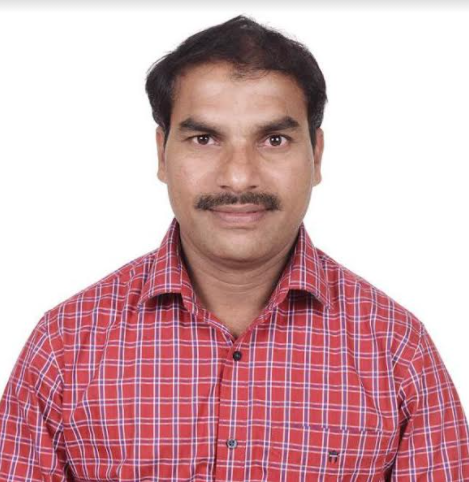


Section Collection Information
Dear Colleagues
The circular economy (CE) is an economic model that aims to minimize waste and resource depletion by designing products for longevity, reuse, and recycling. It prioritizes regenerating materials and components, encouraging sustainable consumption and production practices. It is a groundbreaking concept that redefines the traditional linear model of production and consumption. In contrast to the conventional "take-make-dispose" approach, the CE emphasizes a closed-loop system, where resources are continuously recycled and repurposed to minimize waste and maximize value. By closing the loop on material flows, the CE seeks to create a system that is both environmentally responsible and economically viable. The traditional linear economy model, characterized by the extraction of raw materials, production of goods, consumption, and disposal, has led to resource depletion, environmental degradation, and a growing waste problem. In contrast, the CE offers a more sustainable and holistic approach to addressing these pressing challenges. Circular economy based revolutionary framework holds immense importance in addressing pressing environmental challenges, promoting sustainable development, and motivating industries to adopt innovative practices. In essence, the motivation behind the CE stems from a collective recognition of the urgent need to shift from a linear, wasteful model to one that prioritizes resource efficiency, environmental preservation, economic growth, and long-term sustainability. Embracing the CE not only benefits the planet but also offers a promising pathway for a more prosperous and resilient future.
Thus, we are interested in the framework of circular economy towards its implementation in the different contexts like in supply chain systems, food systems, health care systems etc. For this, it is important to collect the experiences of different experts that have been consider their impacts in this research area. Research articles and reviews in this area of study are welcome. We look forward to receiving your contributions. Dr. Mohit Tyagi Section Editor

